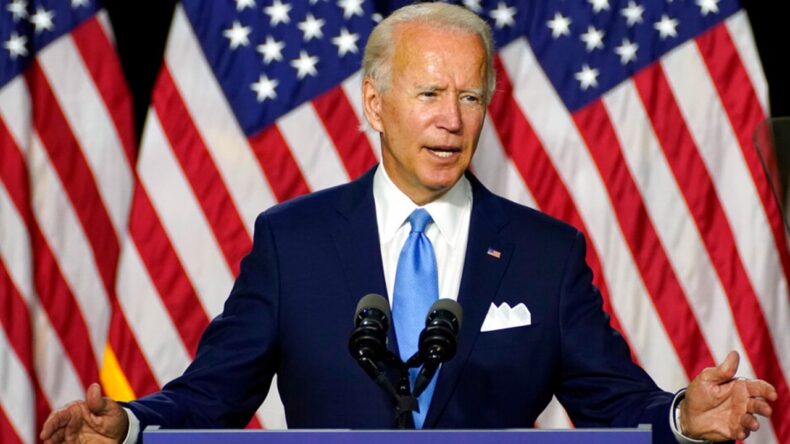On August 8, President of the U.S. Joe Biden said that he would “shortly” be visiting Vietnam. He remarked that Vietnam wanted to strengthen its bonds with the United States and become a key partner. The announcement was made at a political fundraiser in Albuquerque in New Mexico.
A White House spokesperson said that there were no further announcements related to Biden’s remarks at the moment.
US-Vietnam efforts at increasing ties:
Vietnam Prime Minister Pham Minh Chinh met with the U.S. Secretary of State Anthony Blinken in April this year. Both parties showed interest in deepening ties. This comes with the US’s efforts to counter China by solidifying relations with partners in Asia.
Blinken had expressed optimism back then, saying he hoped it would take place “in the weeks and months ahead.”
A “strategic” partnership with Hanoi is something that Washington has been working on, in contrast to their “comprehensive” partnership for the past decade. However, Vietnam has been cautious, since the risk of antagonizing China or Russia could prove detrimental for the country. China is a giant neighbour of Vietnam that provides it with essential inputs for its export trade. Russia is another traditional partner that the South East Asian country cannot afford to offend.

At a fundraiser in Maine on July 28, POTUS Biden said that the head of Vietnam “desperately wants to meet with me” when he does to the G20 summit in India on September 9-10.
Analysts believe Biden was referring to Nguyen Phu Trong, the leader of Vietnam’s ruling Communist Party, with whom the U.S. president had a phone conversation in March when he stated that “he wants to elevate us to a major partner, along with Russia and China.”
What will a closer relationship mean for both countries?
Officials have not specified what the closer ties may entail, but experts believe it may involve more military collaboration and the supply of American weapons. As Vietnam looks to diversify away from Russia, which remains its primary arms supplier, Washington, and U.S. defence companies have publicly stated they want to increase military supplies to Vietnam, which have so far mostly been limited to coastguard ships and training aircraft.
However, there are potential obstacles to military agreements with the U.S. There is the chance that American senators who are critical of Vietnam’s human rights record may impede the agreements.
The South China Sea issue:
The South China Sea, which has long been the focal point of hostilities between China and Vietnam, is regarded as a potential flashpoint, and many people worry that a mistake or accident could a military conflict. Analysts speculate that despite the competing claims in the South China Sea, Hanoi may be more hesitant to improve ties with Washington at the cost of upsetting Beijing.
Despite having no territorial right over the sea, the US continues to conduct its own patrols there, infuriating Beijing. Washington claims that this is necessary to protect what it refers to as “freedom of navigation” on the sea, through which trillions of dollars worth of trade flows every year.
In spite of the differences, in recent months, the US has also worked to normalize relations with China. Blinken visited China in June after a previous trip had to be postponed because an alleged Chinese surveillance balloon had flown over the nation and had to be shot down earlier this year.













